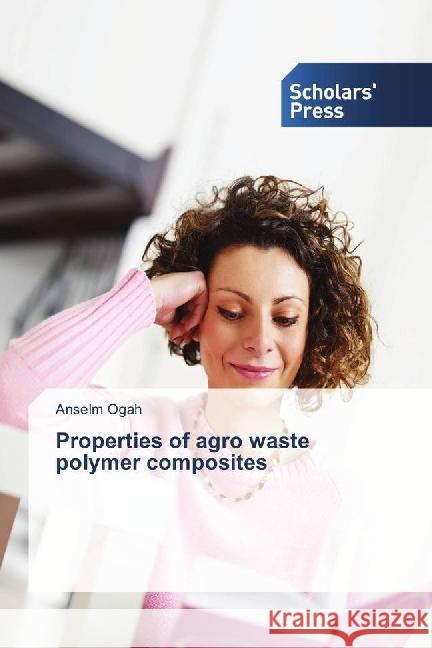Properties of agro waste polymer composites » książka
Properties of agro waste polymer composites
ISBN-13: 9786202303354 / Angielski / Miękka / 2017 / 196 str.
The mounting global environmental and social concern, high rate of decline of petroleum resources and novel environmental policy have engendered the search for green composite materials, which are environmentally-friendly. The strategy adopted in this research aims to add value to the crops by processing the wastes into so-called natural fiber composites. In the present era of environmental consciousness, more and more new material are emerging worldwide. Any lignocellulosic waste matter can, therefore, be turned into composite products through appropriate application of technology. These approaches offer much simpler materials for future use in comparison to metal based composites. Large quantities of agro fiber materials are produced every year globally but most of these agro fibers do not have any useful utilization. Consequently, these crop residues can serve as a source material for developing bio-based polymer composites. Agricultural residues include wheat husk, rice hull and their straw, hemp fiber and shells of various dry fruits. These agricultural residuals can be used to prepare fiber reinforced polymer composites for commercial use.











